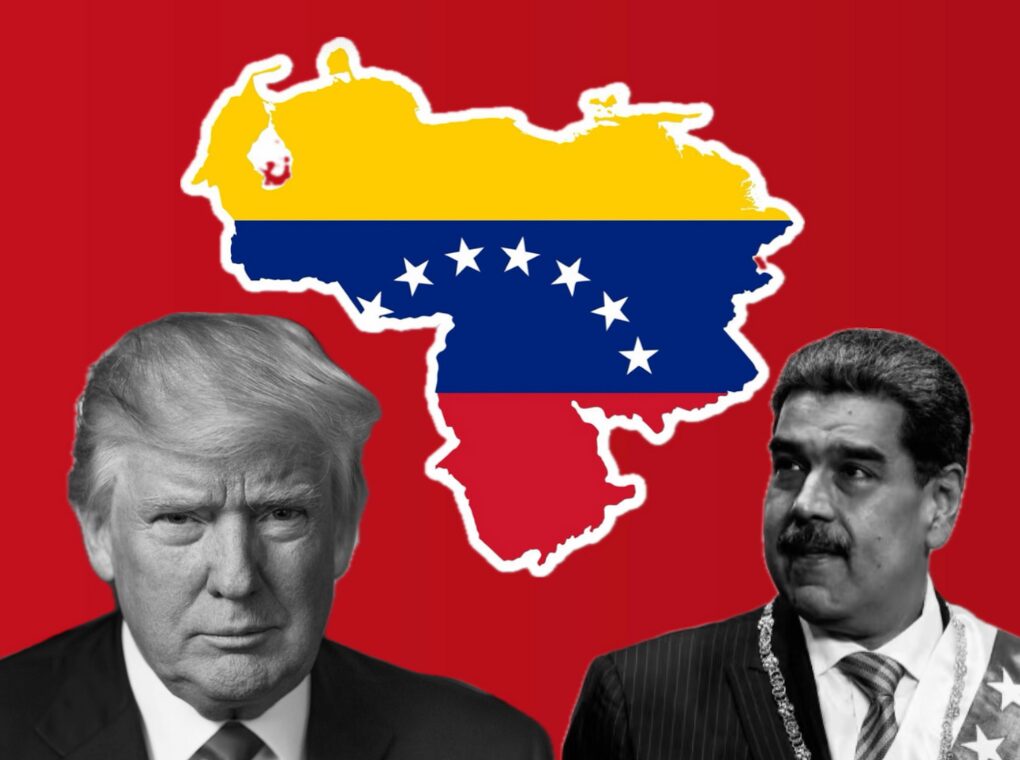Venezuela has turned to the United Nations, seeking support against what it calls intensifying military threats from the United States. This appeal follows recent American deployments of naval forces and other military assets near Venezuelan waters, a move Caracas views as not only provocative but a direct challenge to its sovereignty and regional stability.
Growing U.S. Military Presence in the Caribbean
The U.S. has positioned several warships, including a nuclear-powered submarine, in the Caribbean Sea near Venezuela. Venezuela’s Foreign Minister, Yvan Gil, has condemned these maneuvers, labeling them provocative actions that violate regional commitments to keep the area free of military escalations. These commitments were collectively supported by Latin American and Caribbean countries and endorsed by the UN, aiming to preserve the Caribbean as a zone of peace.
Gil raised alarms over the secrecy surrounding the submarine’s activities, fearing it breaches agreements focused on disarmament and peaceful international relations. He has formally called on UN Secretary-General Antonio Guterres to intervene, restore diplomatic dialogue, and de-escalate tensions in this volatile environment.
Caracas Condemns U.S. Actions as Hostile
President Nicolás Maduro has framed the deployments as aggressive threats to Venezuela’s national security. His administration has reacted by mobilizing a large national militia force under a defense plan designed to counter any potential U.S. military actions. Caracas rejects U.S. claims that its military presence aims to combat drug trafficking, pointing out that official reports dispute Venezuela’s involvement in illicit crop production and that the country is committed to fighting narcotics trafficking.
Despite this, the U.S. government classifies several Venezuelan drug networks, including the so-called Cartel de los Soles, as terrorist organizations. This adds layers of complexity and friction to bilateral relations, making military tensions harder to contain.
International Voices and Geopolitical Stakes
Russia, China, and Iran have publicly offered support to Venezuela, condemning the U.S. military buildup as unlawful and risk-prone, further intensifying the diplomatic standoff. They argue that such deployments disrupt regional peace, threaten Latin American stability, and breach international norms.
The Caribbean’s geopolitical importance cannot be overstated. The region serves as a crucial transit point for global commerce and energy supplies. Experts warn that any military conflict here could have far-reaching consequences, affecting international markets and global security chains.
Venezuela’s Dual Strategy: Defense and Diplomacy
Faced with the U.S. military presence, Venezuela pursues a dual strategy: increasing its defensive preparedness while simultaneously appealing to international bodies for political support. This seeks to reinforce Venezuela’s sovereignty through unity with allied countries and calls for the demilitarization of the Caribbean.
The Venezuelan government aims to pressure Washington through international legal channels and diplomatic engagements, highlighting Mexico, Russia, China, and Iran as key partners who oppose U.S. actions and advocate for Venezuelan sovereignty.
The Challenge of Ensuring Regional Stability
The continuation of U.S. forces near Venezuelan shores adds unpredictability to a region already strained by economic difficulties and political tensions. The risk of misunderstandings or military incidents remains significant, fueling a cycle of escalation.
Venezuela’s insistence on upholding the Caribbean as a zone free from military threats challenges all involved parties to seek peaceful resolutions and maintain the foundational agreements established by the United Nations and regional actors.
Venezuela’s request for UN intervention underscores the urgency and gravity of the military tensions with the United States. Framing the U.S. deployments as a direct threat to peace and regional security, Caracas is mobilizing its defensive capabilities while appealing to international law and multilateral diplomacy. The Caribbean is poised as a critical ground in a larger geopolitical struggle, where the actions of both Venezuela and the U.S. will have significant consequences for the balance of power and stability in Latin America and beyond. The move tests the UN’s capacity to mediate effectively while balancing competing powers’ interests in a geopolitically sensitive region.
